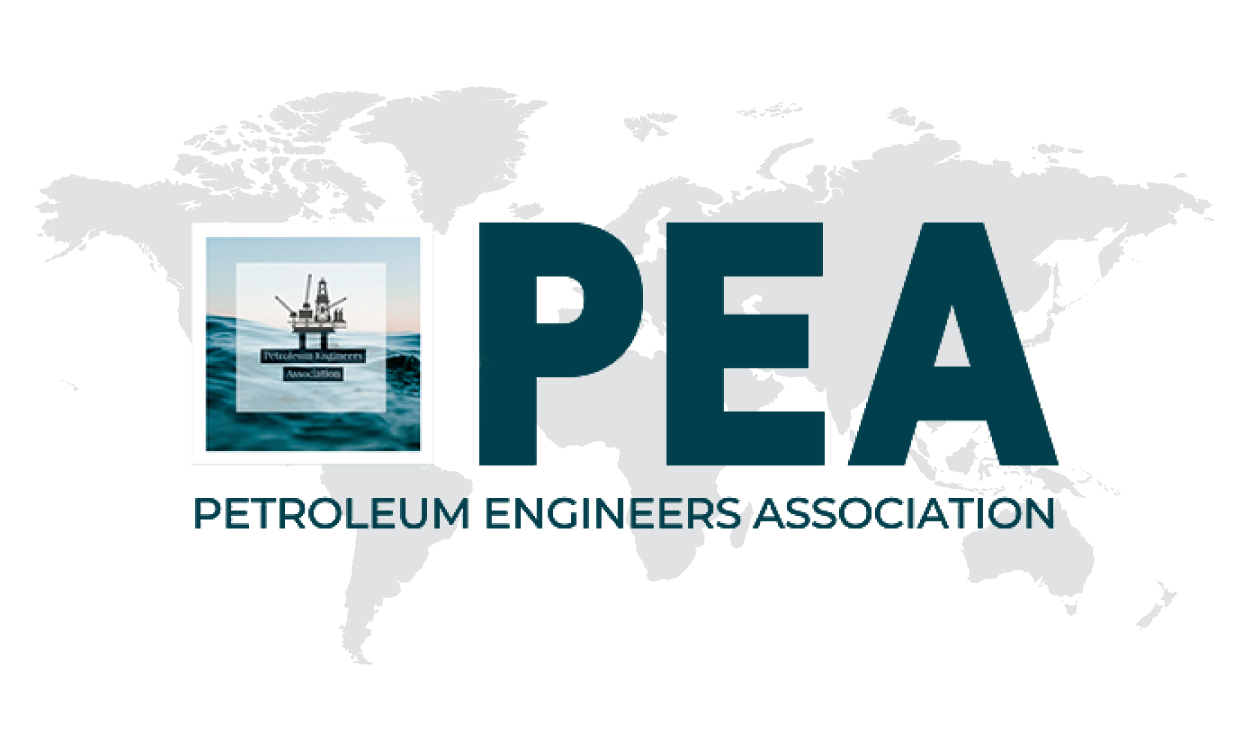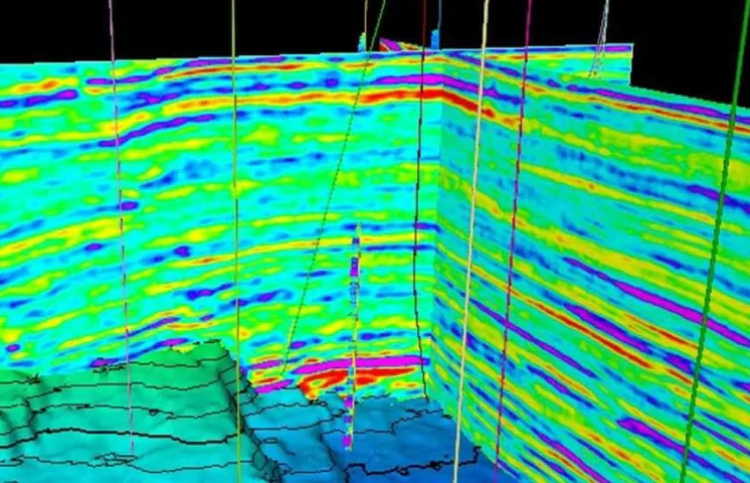Reservoir Geophysics
| Code | Duration | Currency | Fee Per Person |
|---|---|---|---|
| EL-RG-PEA |
24 Hours
|
USD
|
500
|
This is a self-paced, on-demand e-learning course. Upon enrollment, all course videos and materials will be delivered to your email within 12 hours. A certificate will be issued upon successful completion of the required quizzes and assignments.
Boost your team's skills and your budget! Enjoy group discounts for collaborative learning. Send an inquiry to info@peassociations.com.
Reservoir Geophysics
This course introduces the principles and applications of reservoir geophysics, equipping participants with the skills to analyze seismic data, rock physics, and inversion methods for improved reservoir understanding and decision-making.
Description
Reservoir geophysics focuses on the detailed study of reservoir properties through seismic data, rock physics, and quantitative interpretation techniques. Unlike exploration geophysics, it benefits from well control, enabling more accurate evaluation of reservoir characteristics. This course provides a structured introduction to seismic attributes, amplitude variation with offset (AVO), inversion methodologies, and time-lapse monitoring. Participants will explore how to apply advanced geophysical techniques for fluid detection, lithology determination, and monitoring reservoir performance. The program blends theory with applied methods, ensuring participants gain both technical knowledge and practical application for today’s complex reservoir
As oil and gas fields mature, understanding reservoir behavior becomes increasingly critical to maximizing recovery and reducing uncertainty. Reservoir geophysics provides the link between seismic interpretation, rock physics, and reservoir engineering, delivering powerful tools for reservoir characterization. This course prepares participants to integrate geophysical data into reservoir management, supporting safer, more efficient, and future-ready operations.
• Understand the fundamentals of rock physics and seismic acquisition in reservoir studies.
• Apply seismic attributes, including AVO, to evaluate reservoir properties.
• Utilize inversion techniques for porosity, lithology, and elastic property estimation.
• Assess reservoir changes through time-lapse seismic monitoring.
• Gain familiarity with AI-based seismic classification and facies analysis.
• Enhanced reservoir evaluation through integrated geophysical workflows.
• Improved risk management in development planning and production.
• More reliable forecasting of reservoir behavior under dynamic conditions.
• Broader adoption of innovative geophysical tools to support business goals.
• Build expertise in seismic interpretation beyond exploration.
• Learn to apply advanced geophysical methods for reservoir characterization.
• Stay current with evolving techniques, including stochastic and 4D inversion.
• Strengthen technical credibility in multidisciplinary teams.
• Exploration & Production professionals involved in seismic interpretation.
• Geoscientists and reservoir engineers focusing on reservoir characterization.
• Technical specialists seeking to strengthen geophysical integration in asset teams.
• Introduction to Reservoir Geophysics
• Rock physics principles
• Shear estimation
• Fluid substitution
• Rock physics modelling
• Seismic processing for true amplitudes and QI
• Seismic Data conditioning
• Post stack volume attributes
• Surface attributes
• Volume and horizon probes
• Spectral decomposition, thin layers and tuning
• Blending
• Wedge modelling
• 2D forward modelling
• Thickness calculations
• Multi-attributes
• Supervised and unsupervised classification and artificial intelligence applications
• Seismic Facies analysis – supervised and unsupervised seismic facies classification
• Direct Hydrocarbon Indicators
• Amplitude Variation with Offset (AVO)
• Pre-stack attributes
• Fractures
• Wavelets for inversion
• Low frequency models for inversion
• Deterministic inversion
• Porosity calculation
• Lithology determination
• Stochastic inversion and uncertainty
• 4D and 3C inversion
• Rock physics inversion
• Reservoir geophysics in the Energy transition
On successful completion of this training course, PEA Certificate will be awarded to the delegates
This course has been meticulously developed by a seasoned PEA expert renowned in the oil and gas industry. With extensive hands-on experience and a proven track record in delivering innovative solutions, our trainer brings a wealth of technical expertise, deep industry insight, and a commitment to excellence. Learners can trust that they are gaining knowledge from a leading authority whose dedication to professional development ensures you receive only the highest-quality training to elevate your skills and career prospects.












